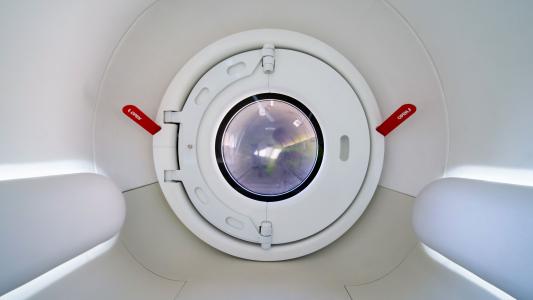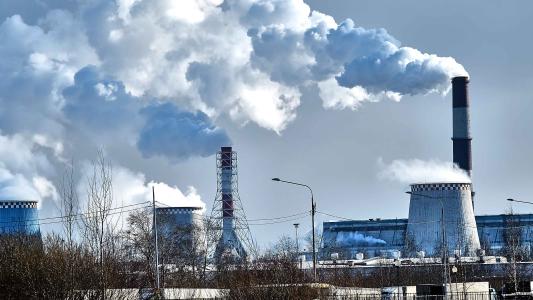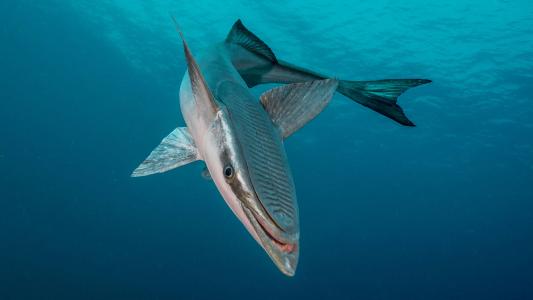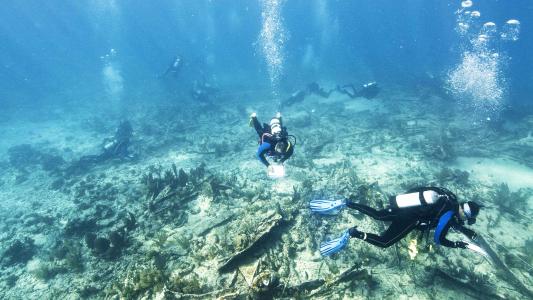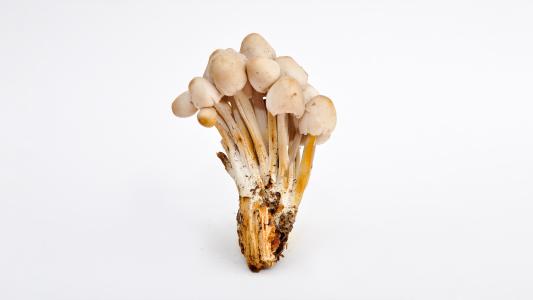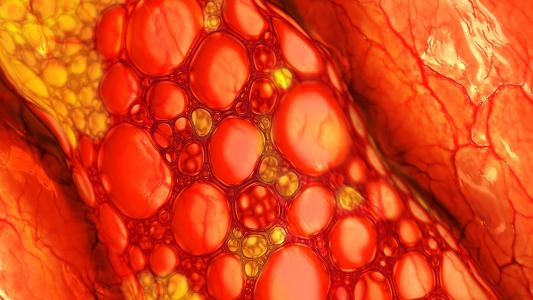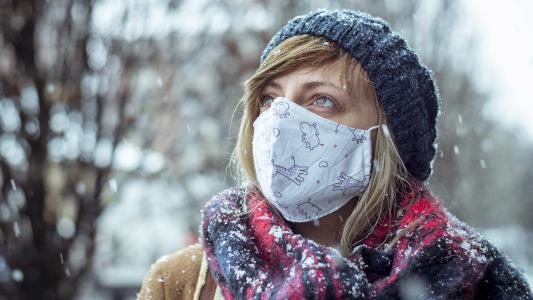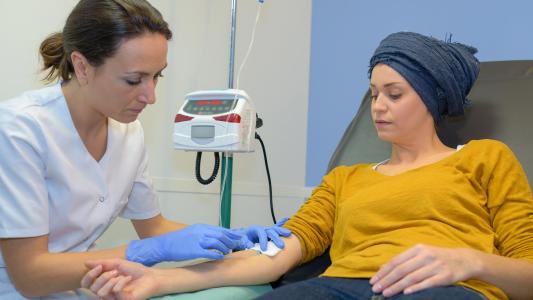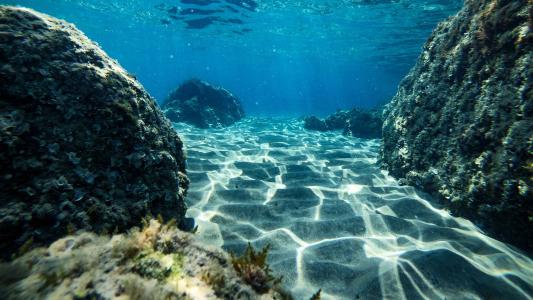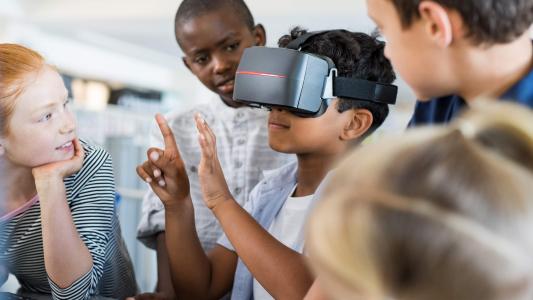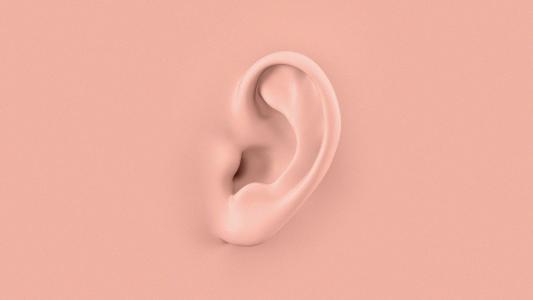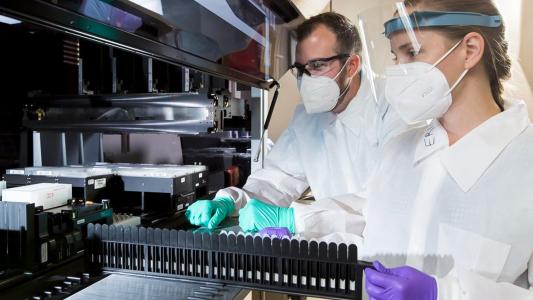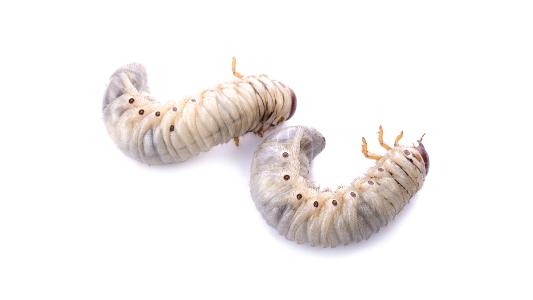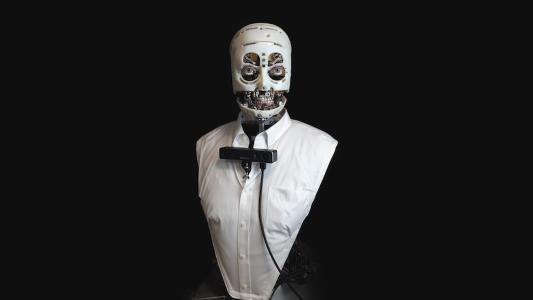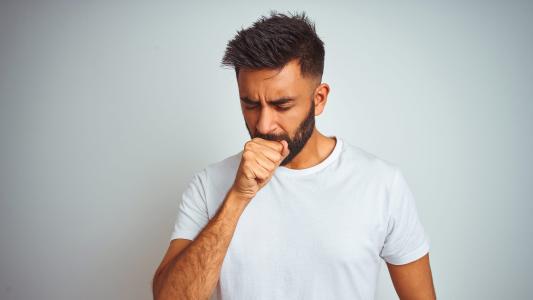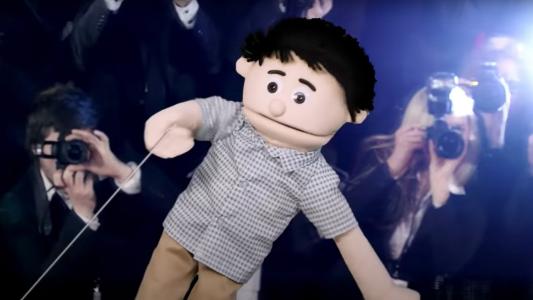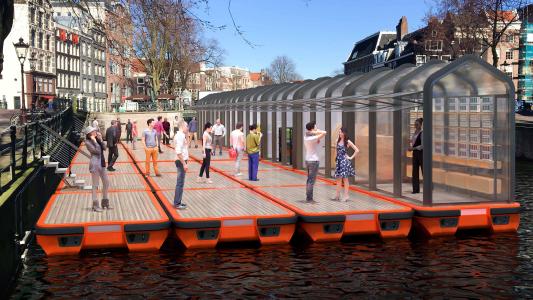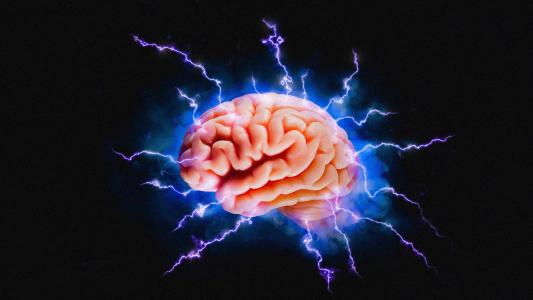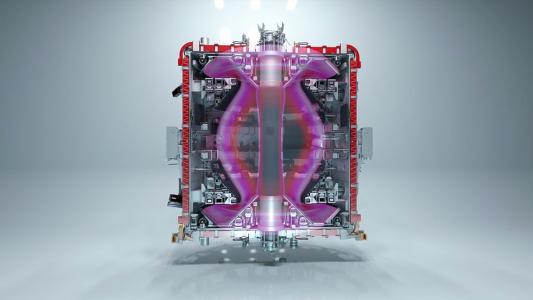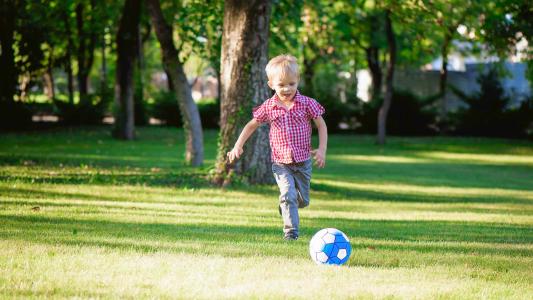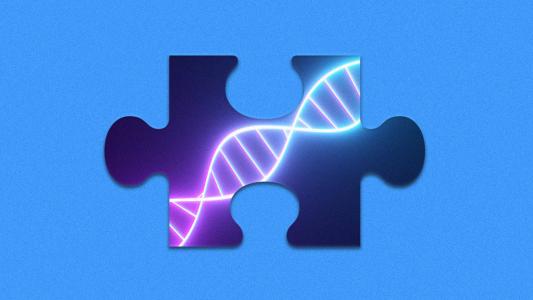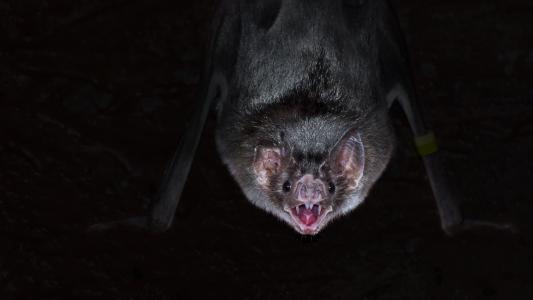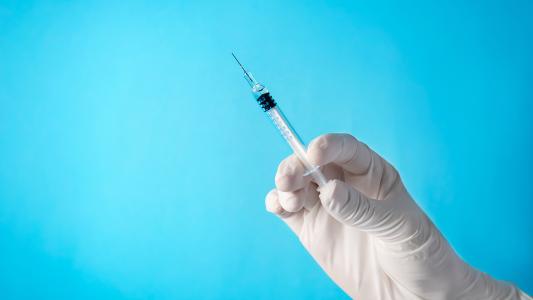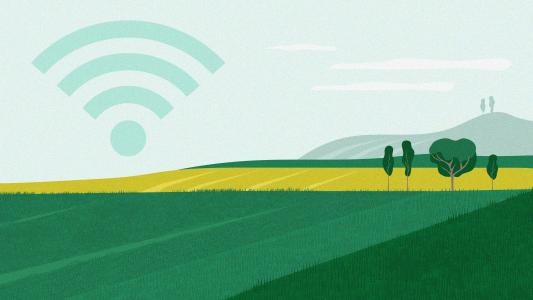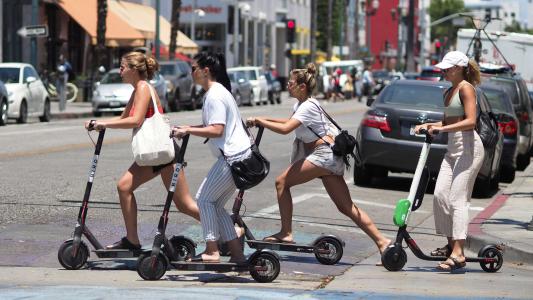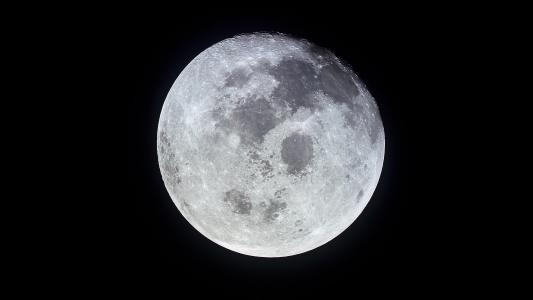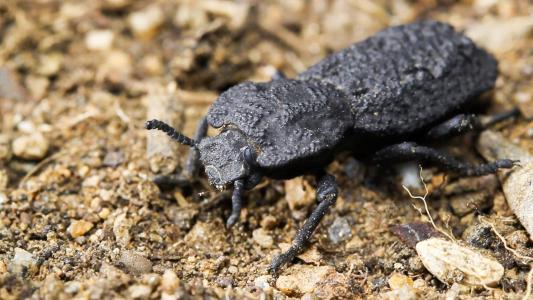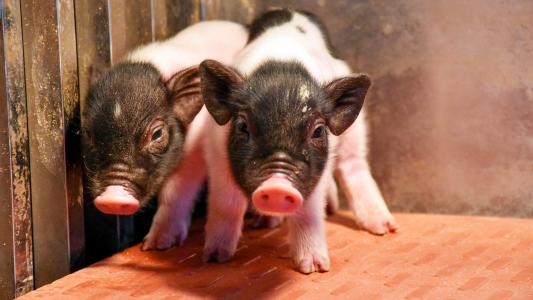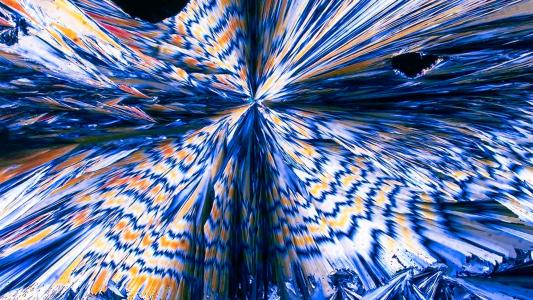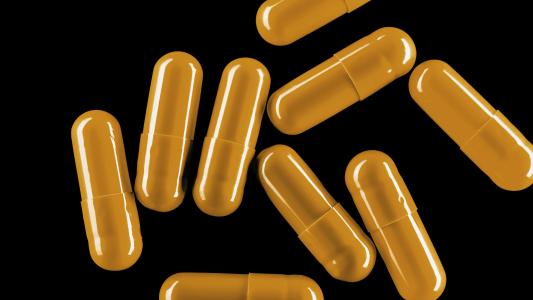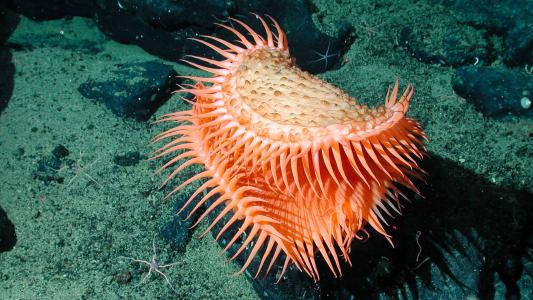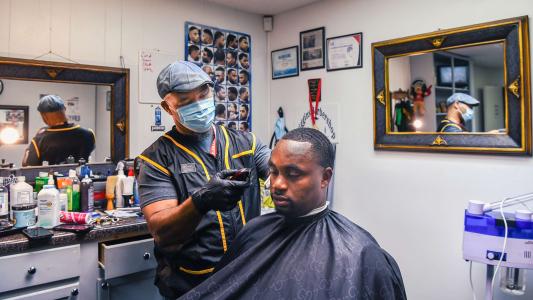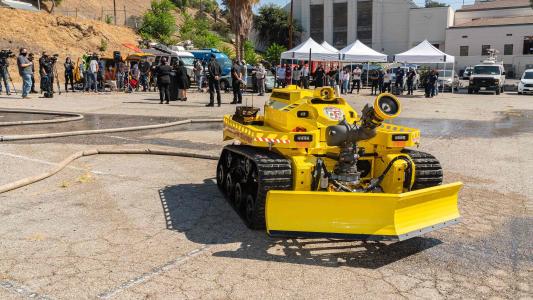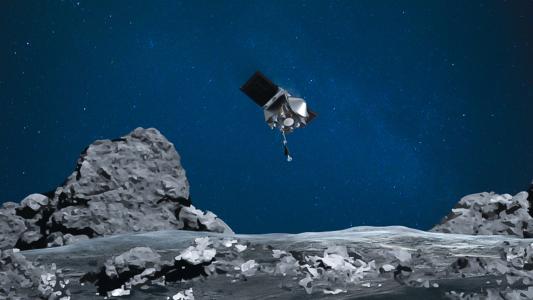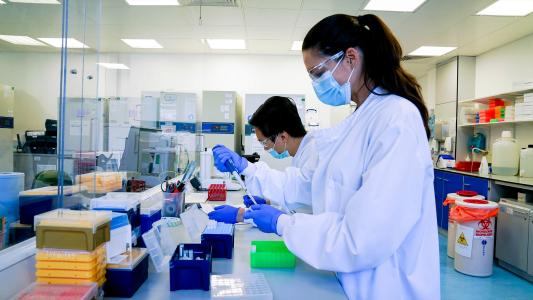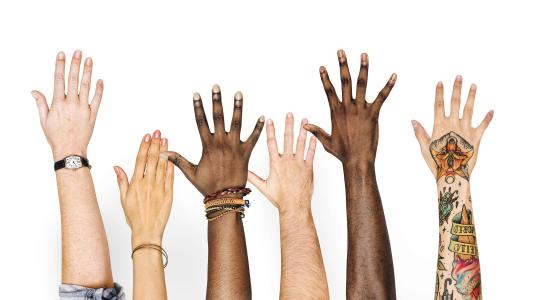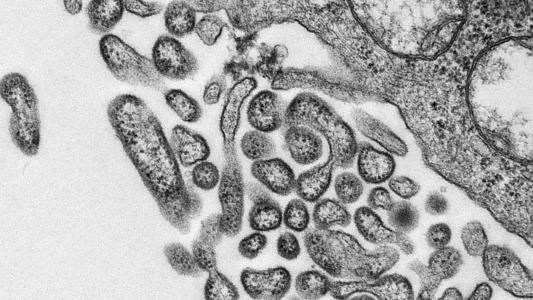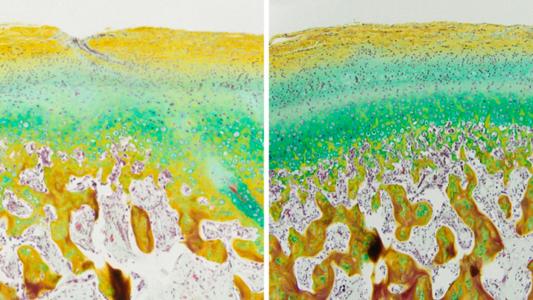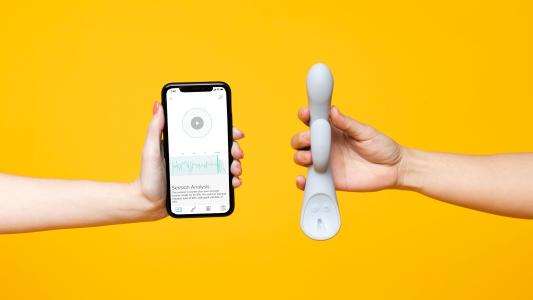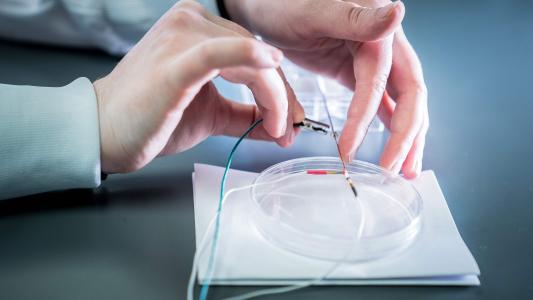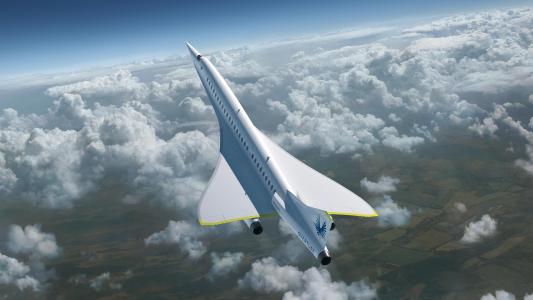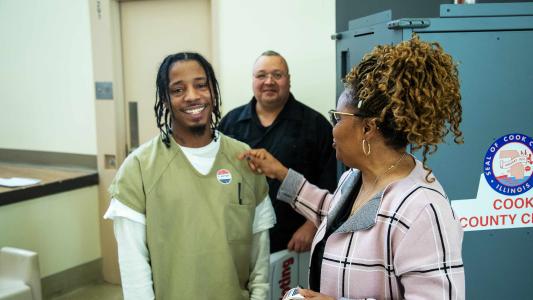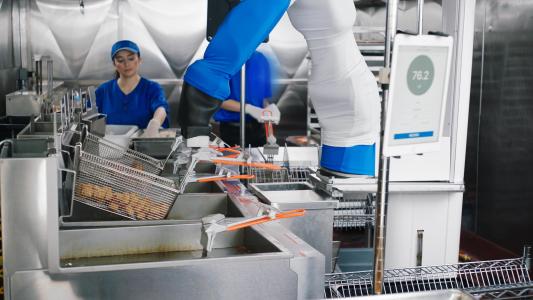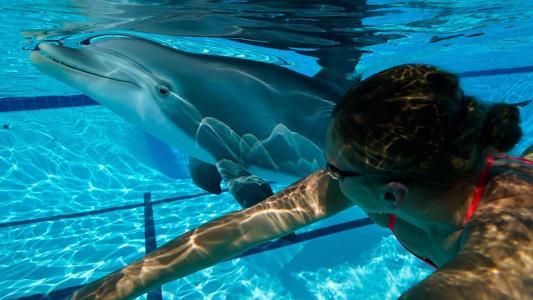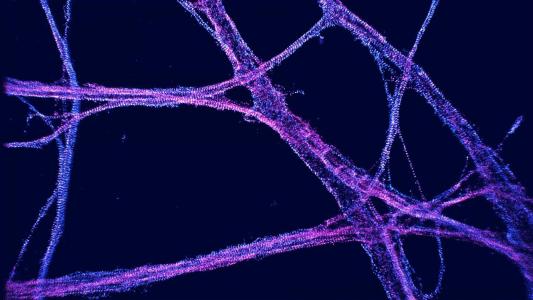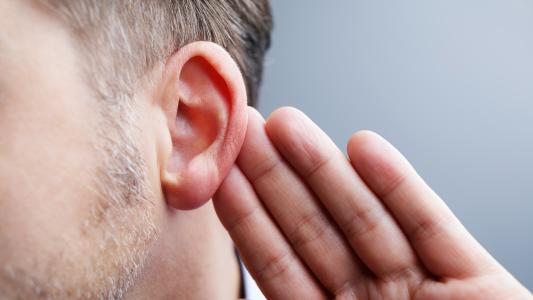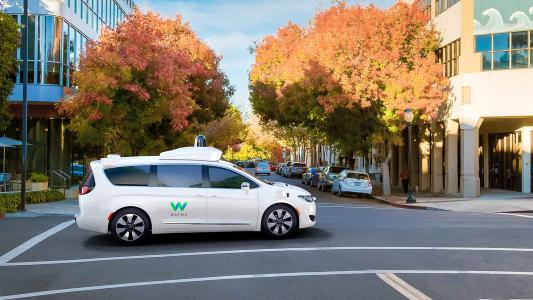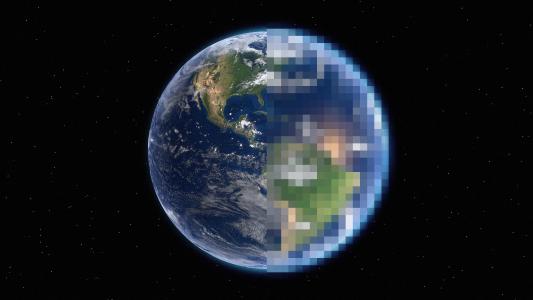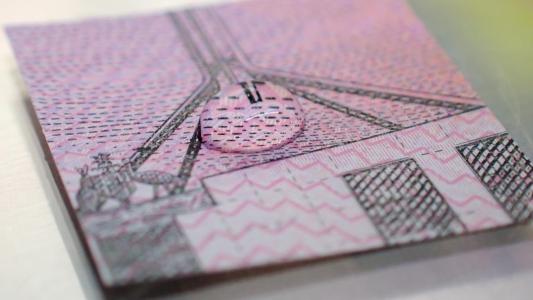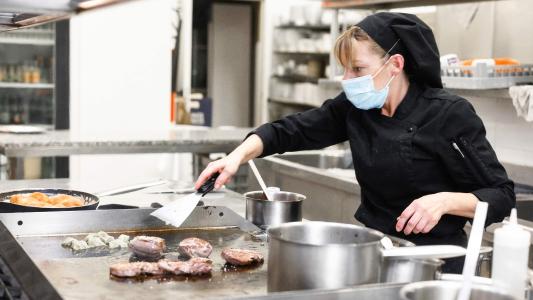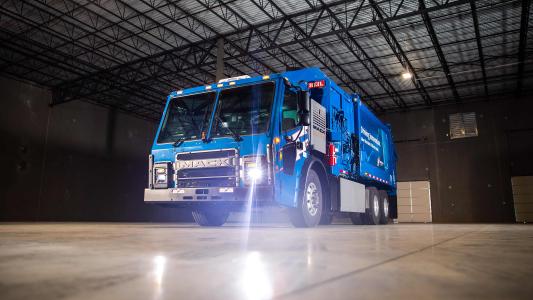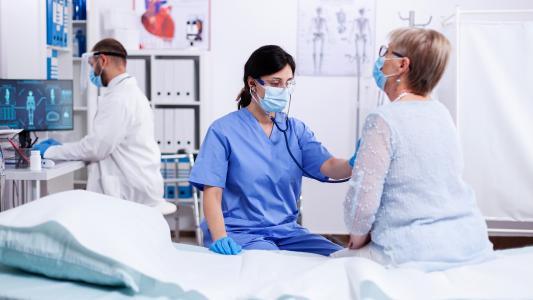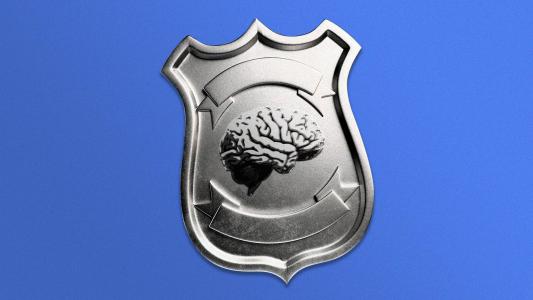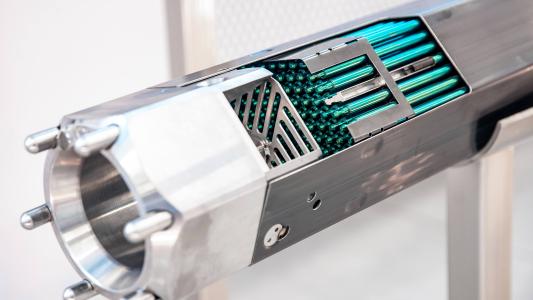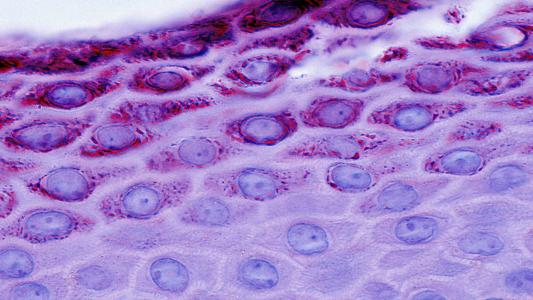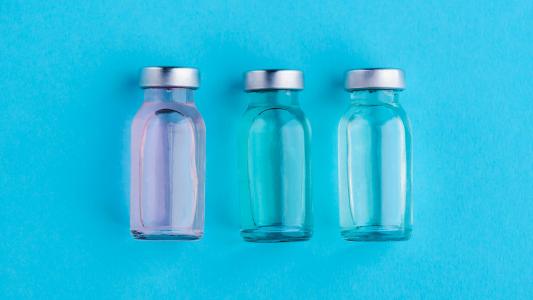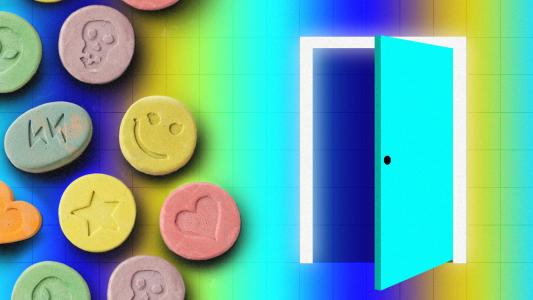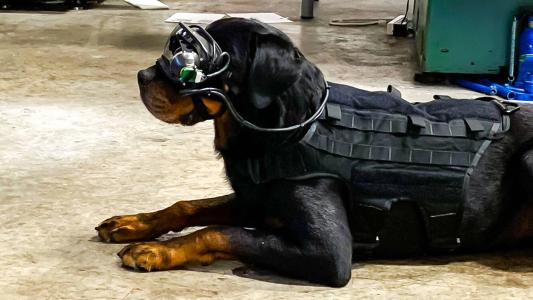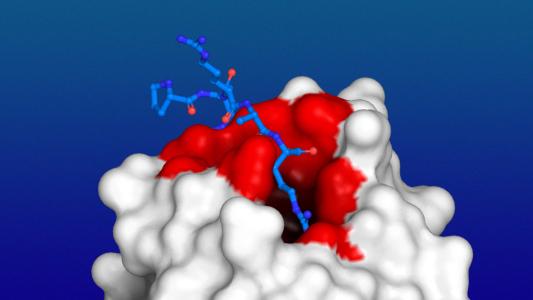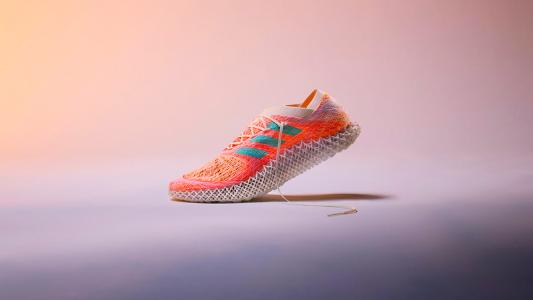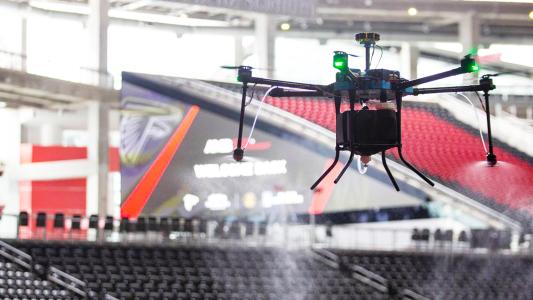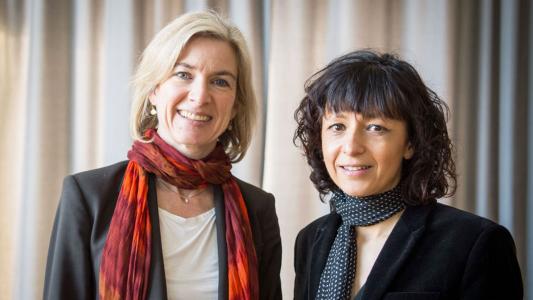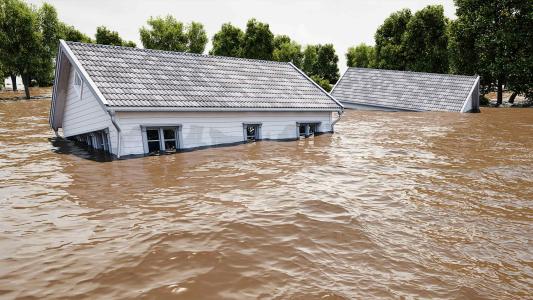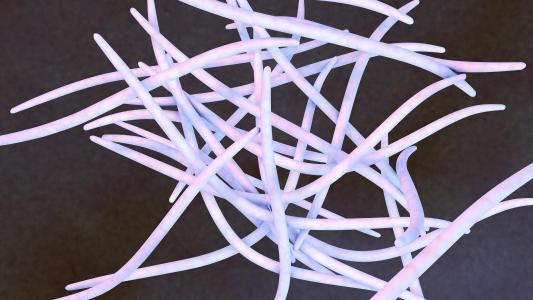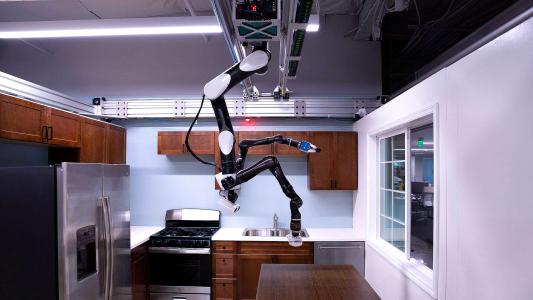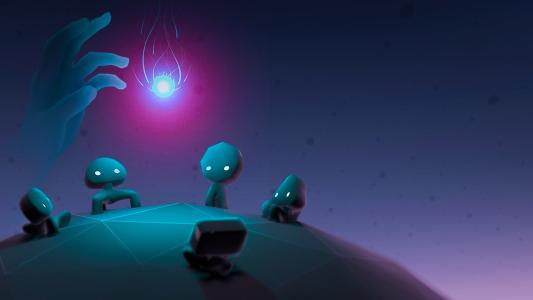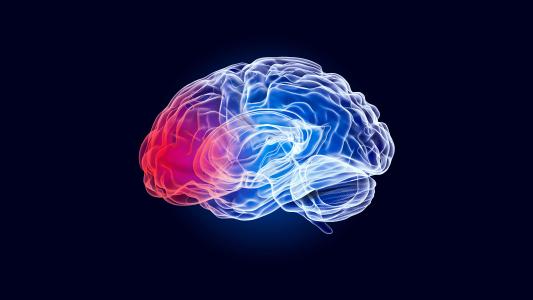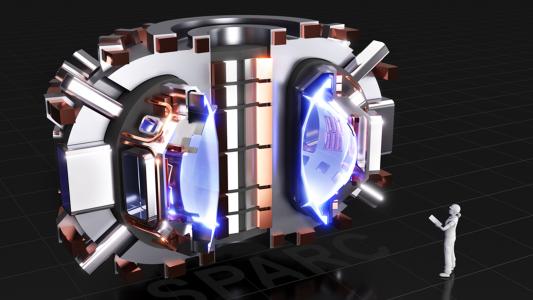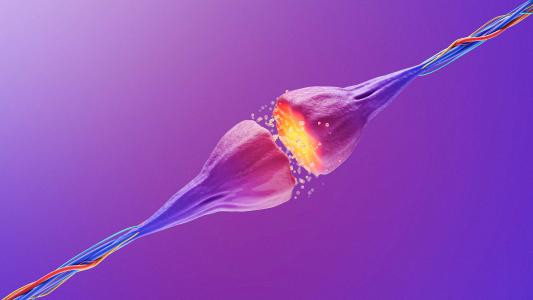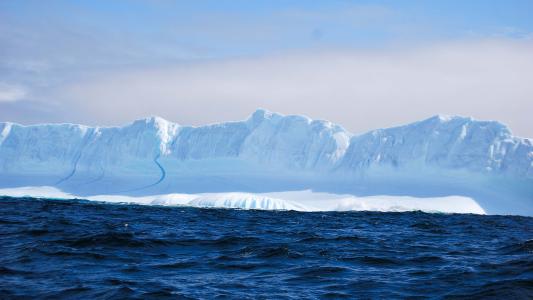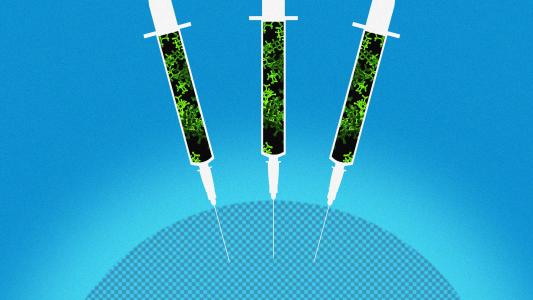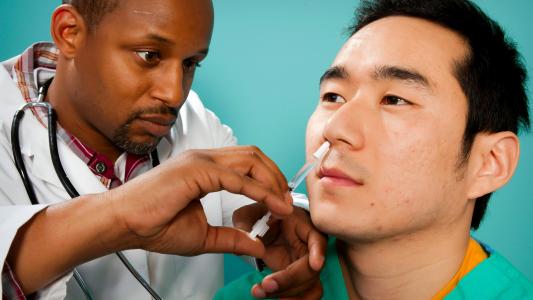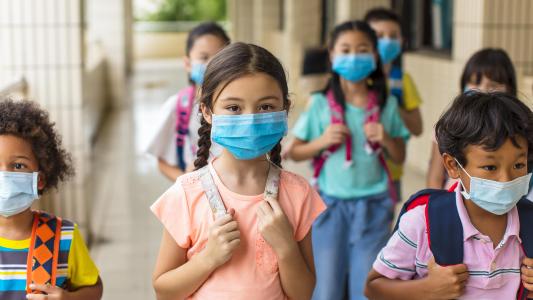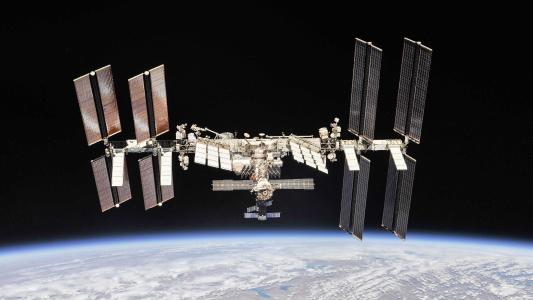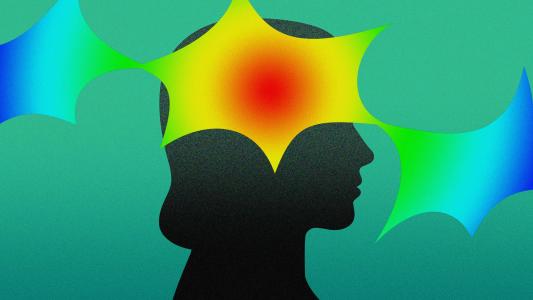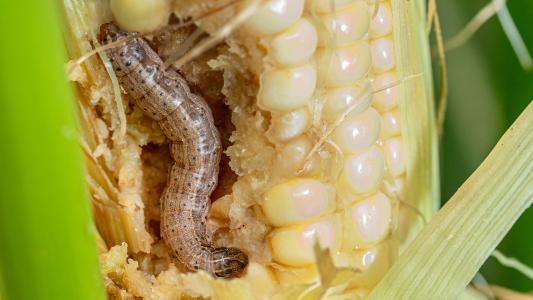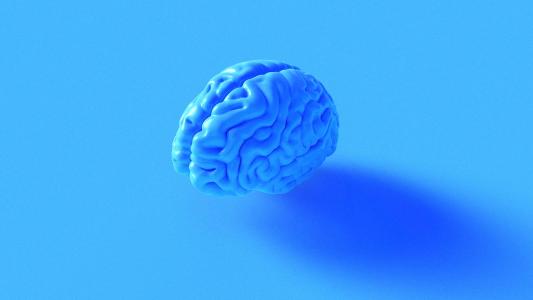Experimental hyperloop pod transports passengers for first time
Virgin Hyperloop has transported two passengers in a hyperloop pod, a milestone in the development of the high-speed transportation system.
This Canadian startup wants to make our buildings out of CO2
Carbon capture technology is here, but how do we make it feasible?
Pfizer COVID-19 vaccine appears 95% effective (updated)
The Pfizer COVID-19 vaccine appears to be 95% effective at preventing coronavirus infections, according to an early analysis of a Phase 3 trial.
We finally have footage of remoras, the ocean's hitchhikers, in action
Using never-before-seen footage, researchers are learning more about how the remora moves around its hosts.
Museums are racing to save Hong Kong's history before it gets censored
A sweeping security law has Hong Kongers racing to digitize archives and artifacts, from Tiananmen Square to Telegram channels.
The race to find slave ships, before they're lost forever
Diving with a Purpose is training the next wave of marine archeologists, working with youth to document potential slave ship wrecks before they’re lost.
Dropping drones into volcanoes can help us predict eruptions
The ratio of sulphur to carbon dioxide being released can be an indicator of imminent volcanic eruptions. Researchers are using drones to gather that data.
Psilocybin therapy appears to dramatically reduce depression
Psilocybin therapy — a combination of traditional therapy and supervised “trips” on the magic mushroom compound — shows promise as a depression treatment.
"Autoantibodies" may be causing COVID-19 blood clots
COVID-19 blood clots may be caused by autoantibodies, which attack the body’s own tissues and organs instead of intruders.
What’s going to happen with COVID-19 this winter?
There may be an increase in cases of COVID-19 this winter as people move indoors, but there are actions we can take to prevent it.
New nano drug may be able to break drug-resistant cancers — with fewer side effects
Drug-resistant cancers reduce the effectiveness of chemo. A team of researchers may have found a potential way to treat them.
Mapping the ocean floor with an underwater "GPS"
MIT researchers have developed an underwater, sound-based navigation system that could make it possible to map the entire ocean floor.
Experts say education coming to the VR world is going to be “absolutely incredible”
Because of the pandemic educators are looking for more remote learning options and discovering the benefits of virtual reality.
German concert experiment suggests large indoor events can be safe
A German concert study has found that hygiene standards, mandatory masks, and ventilation may allow for indoor events.
Earwax gives doctors easy access to cortisol levels
The Trears device could make it easier for doctors to monitor cortisol levels by allowing patients to extract their own earwax samples for analysis.
Blood test for Alzheimer’s now available at doctors’ offices
For the first time, a blood test for Alzheimer’s disease has received approval to be used in doctors’ offices in the U.S.
A French company is building the world’s biggest insect factory farm
Ÿnsect is building the world’s largest insect farming facility in Amiens, France. The mealworms grown there may end up feeding your pets and the salmon on your plate.
Disney gives humanoid robot a “lifelike” gaze
To escape the uncanny valley, Disney created a humanoid robot that mimics the minor eye and head movements people make during interactions.
Cough-analyzing AI detects asymptomatic COVID-19 infections
MIT has developed an AI that can detect asymptomatic COVID-19 infections from the sound of a person’s forced-cough with incredible accuracy.
Deepfakes shine in South Park creators’ new show
The creators of South Park have released a web show, Sassy Justice, that makes use of incredibly realistic deepfakes.
Autonomous boats could move people and goods
MIT launches a new autonomous boat — a fleet of floating platforms that could come together to build bridges, taxi people across a river, or create a party platform.
2 new nuclear plant prototypes are getting government funding
The Department of Energy is putting millions behind two new nuclear plant prototypes.
Radioactive diamond batteries keep going and going
These nuclear diamond batteries could provide an endless source of energy.
Scientists test mind control with light — no surgery required
In a new breakthrough, scientists use optogenetics to manipulate brain cells in mice without surgery or brain implants.
Nuclear fusion machine turns on for the first time
A new spherical tokamak in the U.K. could overcome one of the biggest hurdles to nuclear fusion power: the “exhaust problem”
Green space at daycare gives city kids an immune boost
Adding a green space to an urban daycare’s playground can boost a child immune system after just 28 days.
This parent is helping push autism gene therapy forward
Not too long ago, autism gene therapy was a pipe dream. Now, armed with specific targets and new methods, a small wave of gene therapies is gathering.
Vampire bats social distance when sick, and so should you
Vampire bats are incredibly social creatures, living in colonies which can be massive. New research suggests that when they feel sick, they socially distance.
How synchronized fireflies could inspire robot swarms
A recent discovery about the synchronized fireflies' amazing light shows could help researchers acquire fresh insight into swarm robotics.
If you train robots like dogs, they learn faster
The dog-inspired SPOT framework effectively trains an AI robot more quickly than other reinforcement learning methods.
How to safely celebrate Halloween during COVID-19
People celebrated Halloween during the 1918 flu pandemic and you can still celebrate Halloween during COVID-19 — just maybe not the way you usually do.
Can flu vaccines prevent COVID-19?
Researchers suspect that flu shots could prevent coronavirus infections, giving people yet another reason to get vaccinated.
Cable companies won’t, so rural America is building its own broadband network
The pandemic revealed how essential the internet is. Now, electric cooperatives that once put rural America on the grid are installing fiber optics.
Bird and Lyft are offering free rides to the polls in 2020
The micromobility industry launched a national campaign to offer free rides to the polls on Election Day.
NASA confirms existence of water on the moon
A study confirmed the existence of water on the moon the same day another provided evidence that the lunar surface could be rife with water reserves.
The "Iron Man" of beetles could inspire super-durable cars and planes
The diabolical ironclad beetle could be the next big thing in biomimicry, inspiring the design of extra-durable planes, cars, and more.
These gene-edited pigs could help end organ shortages
These gene-edited pigs have organs designed to be more compatible with the human body, bringing xenotransplantation one step closer to reality.
What does police reform look like in 2020?
Calls for police reform have resulted in budget cuts, new policies, and a record number of police oversight measures landing on the 2020 ballot.
New bug spray "crystals" can help wipe out malaria
Crystalizing a common insecticide makes it kill mosquitoes faster, and could be a cheap, effective new weapon for malaria prevention.
Bringing lost languages back to life with AI
An algorithm that can identify the closest living relatives of lost languages could help linguists unlock the meaning of ancient texts.
Are fecal transplants the fountain of youth?
Scientists hope that fecal transplants from younger to older people could be used to treat age-related cognitive decline.
Researchers have never seen the deep sea like this before
Researchers are putting lowlight 4k cameras on remotely operated vehicles to capture videos of deep sea bioluminescence.
Barbershops unite to empower voters
One campaign is hoping to increase voter turnout by empowering barbershops as community voter engagement hubs.
Firefighting robot helps battle blaze in Los Angeles
The U.S.’s first firefighting robot helped keep LAFD firefighters safe while they battled a blaze in downtown Los Angeles.
Engageli challenges Zoom for best virtual classroom
Engageli, a new digital education platform launched this week, to provide a solution to remote learning woes.
Robot lawyer helps people connect with incarcerated loved ones
DoNotPay’s robot lawyer can now help people write and send letters to inmates without worrying about violating a facility’s mail rules.
Why NASA just landed a spacecraft on the asteroid Bennu
NASA has collected samples from the asteroid Bennu that could yield insights into everything from the origin of life to avoiding an asteroid impact on Earth.
UK to launch first human challenge trial for COVID-19
The U.K. is funding a $44 million human challenge trial for COVID-19 during which healthy volunteers will be deliberately exposed to the coronavirus.
Nokia is building a 4G network on the moon
As part of NASA's "Tipping Point" program, Nokia will establish a 4G network on the moon to help astronauts communicate with each other and Earth.
Stadium voting sites make voting safer. Here’s how to find them.
As the pandemic increases the risk of in-person voting, sports teams are converting their homes into arena and stadium voting sites.
A microevolution is happening in humans right now
More humans are being born with a third arm artery, an example of microevolution happening right before our eyes.
A deadly virus emerged in South Africa in 2008. Then it vanished.
A deadly new virus killed a South African safari agent and three others, then disappeared without a trace. What can we learn from a unique outbreak?
Jaw joints grown from fat could alleviate TMJ pain
Researchers have grown new jaw joints for pigs from fat-sourced stem cells, and the technique could one day cure TMJ pain, or even knee pain, in people.
Smart vibrator helps scientists study female orgasms
The Lioness Sex Research Platform is helping scientists study female orgasms by providing anonymized data collected by a smart vibrator.
Dopamine and serotonin may do more than we thought
Dopamine and serotonin are crucial brain chemicals. A new study that measured them simultaneously in active brains suggests they may do more than we think.
Supersonic travel went stale. Can Boom bring it back with new commercial jet?
The startup aims to make supersonic travel available to the public within a decade.
Despite the pandemic, voting rights groups help register voters in jail
Voting rights groups help inmates register and vote, despite hurdles presented by the pandemic.
Robot cook could help restaurants recover from COVID-19
Miso Robotics is making Flippy ROAR available for $30,000 in the hopes the robot cook will help the restaurant industry recover from the pandemic.
This robot dolphin could free animals from captivity
This robot dolphin could replace the real ones forced to entertain people at marine park exhibits across the globe.
New data visualization tool lets scientists “walk” inside cells
A new data visualization tool called vLUME recreates tiny objects like cells and neurons in a virtual world, allowing scientists to then explore them in VR.
Patients report sudden hearing loss from COVID-19
Patients are experiencing sudden hearing loss from COVID-19, but if caught early enough, doctors can prevent the problem from becoming permanent.
Waymo's driverless car service opens to the public
Waymo One has relaunched, and this time, all users can ride in cars without safety drivers.
“Digital Earth” can simulate climate change down to the kilometer
Europe’s ambitious Destination Earth project aims to simulate climate systems — and human impact — to the kilometer.
The coronavirus can survive on surfaces for 28 days
The coronavirus can survive on surfaces, including money, for up to 28 days. But does that change what you need to do to avoid catching COVID-19?
Ghost kitchens are saving restaurants during the pandemic
Ghost kitchens are thriving during the pandemic, as more restaurants rely on online delivery orders for their income.
Electric garbage trucks are (quietly) coming
With Mack Truck’s electric garbage trucks set to be delivered in 2021, your mornings may be getting quieter soon.
Post-COVID-19 clinics offer hope to coronavirus survivors
Post-COVID-19 clinics are helping coronavirus survivors cope with lingering symptoms while helping researchers better understand the disease.
The law enforcement unit that responds to a crisis before it happens
The Maplewood mental health unit anticipates 911 calls and circumvents them before they happen.
New nuclear fuel could replace uranium in reactors
Nuclear power could become more accessible thanks to a new nuclear fuel called ANEEL that combines thorium with uranium.
Babies of the future could be made from skin cells
A potential fertility treatment involves taking skin cells and reverse engineering them into eggs and sperm.
Voting online is here. but is it ready?
Voting online is a debate that pits accessibility against security. For some, it is the only way to participate in elections. But at what cost?
Comparing COVID-19 vaccines just got way easier
A newly formed network of labs will make it easier to compare COVID-19 vaccines by testing them all in exactly the same way, using the exact same supplies.
MDMA therapy and the promise of psychedelics
Despite years of work with a "stellar" therapist, Charlotte needed more. She turned to MDMA therapy.
Military dogs may soon sport AR goggles in enemy territory
Military dogs will don augmented reality goggles to test their ability to keep soldiers safe by allowing them to direct the dogs from afar.
Pain relief from coronavirus may be helping it spread
Rather than feeling sick, some people may be getting pain relief from coronavirus — a discovery that could impact both the pandemic and the opioid epidemic.
Two dozen “superhabitable” exoplanets may be better than Earth
Earth is successful at supporting life, but it may not be the most successful. These 24 “superhabitable” exoplanets may be even better.
Adidas’ sustainable shoes are string art made by a robot
The Adidas Futurecraft team has unveiled a pair of sustainable shoes made by a robot that weaves individual threads like it's creating string art.
Passenger plane powered by hydrogen fuel makes maiden flight
California’s ZeroAvia has flown the first “commercial-grade” plane powered by hydrogen fuel, potentially foreshadowing the sustainable future of air travel.
Disinfecting drones to spray stadium after NFL games
Are the disinfecting drones set to fly over Mercedes-Benz Stadium after Atlanta Falcons games useful or just another example of hygiene theater?
CRISPR scientists win Nobel Prize in chemistry
For the first time, the Nobel Prize in chemistry has gone to two women: CRISPR scientists Emmanuelle Charpentier and Jennifer A. Doudna.
Getting disaster relief to the people who need it most
Delphi analyzes property damage and poverty levels to identify the people most in need of disaster relief, helping organizations maximize their impact.
Predator drones are using AI to create faster fire maps
The National Guard has used drones to create forest fire maps since 2017. New AI upgrades could make the maps in minutes, not hours.
Common mouth microbe appears to trigger cancer metastasis
Scientists are finally starting to understand the connection between the common oral microbe fusobacterium and colon cancer metastasis.
Toyota unveils Spiderman-like home cleaning robot
Toyota built a cleaning robot that descends from a kitchen's ceiling as an example of the kind of tech that might one day support Earth’s aging population.
New VR movie lets you play god to a planet of AIs
In the new VR movie “Agence,” artificially intelligent characters respond to the actions of the viewer in unpredictable ways.
15-minute blood test reveals the severity of traumatic brain injury
Researchers have now designed a rapid blood test that can help identify the severity of a brain injury in just fifteen minutes.
Nuclear fusion gets closer to reality with this new reactor
Nuclear fusion just took a step forward thanks to a new, compact reactor from MIT.
You can now track your mail-in ballot like an Amazon package
At least 46 states now offer free ballot tracking, letting voters follow their mail-in ballots from the printer to the election office.
Scientists can induce out-of-body experiences without drugs
The human brain is a powerful and mysterious place, and researchers have just gotten closer to understanding another important phenomenon taking place inside dissociative experiences.
Can trillions of reflective glass beads save arctic sea ice?
Arctic sea ice is more than majestic; it also reflects the sun’s rays. But young, thin ice melts fast. Can silica powder reflect enough sun to help it survive?
A new molecule may take the edge off vaccines — and make them perform better
Adjuvants create a better vaccine immune response, but they also cause inflammation. A peptide may help curb their side effects while improving protection.
Coronavirus nasal spray vaccine nears human trials
A nasal spray vaccine for COVID-19 that contains a live coronavirus genetically engineered to replicate more slowly is nearing human trials.
Starlink satellites bring internet to wildfire-ravaged state
SpaceX’s Starlink satellites are providing residents and emergency responders affected by Washington wildfires with access to reliable internet.
Yale study: asthma and allergies may actually protect children from severe COVID-19
The interplay of asthma, children, and COVID-19 is complex. A new study suggests that kids' asthma immune response may help protect against COVID-19.
Super bright X-ray lets doctors see the atoms inside viruses
The x-ray beams produced by the Extremely Brilliant Source, a new synchrotron, are so bright, they can be used to create images with atomic-level detail.
The latest step in manufacturing in space
Made In Space is sending a 3D printer to the ISS in hopes of providing proof-of-concept that microgravity is the place to build precision parts.
Symptoms of Parkinson's are the only way to diagnose it. But not for long.
Researchers discovered a new way to diagnose and track Parkinson's disease progression — even before the first symptoms of Parkinson's appear.
U.S. troops test wearables for early detection of COVID-19
The Department of Defense wants to use wearable sensors, Dutch AI, and thousands of personnel to develop markers for early detection of COVID-19.
Can genetic engineering stop the fall armyworm invasion?
The fall armyworm is devastating African agriculture, eating millions of pounds of crops. Can a genetically modified version control their advance?
Help scientists figure out whether brain training apps work
To figure out how people might benefit from brain training apps, researchers are looking for 30,000 volunteers willing to play brain games science.
